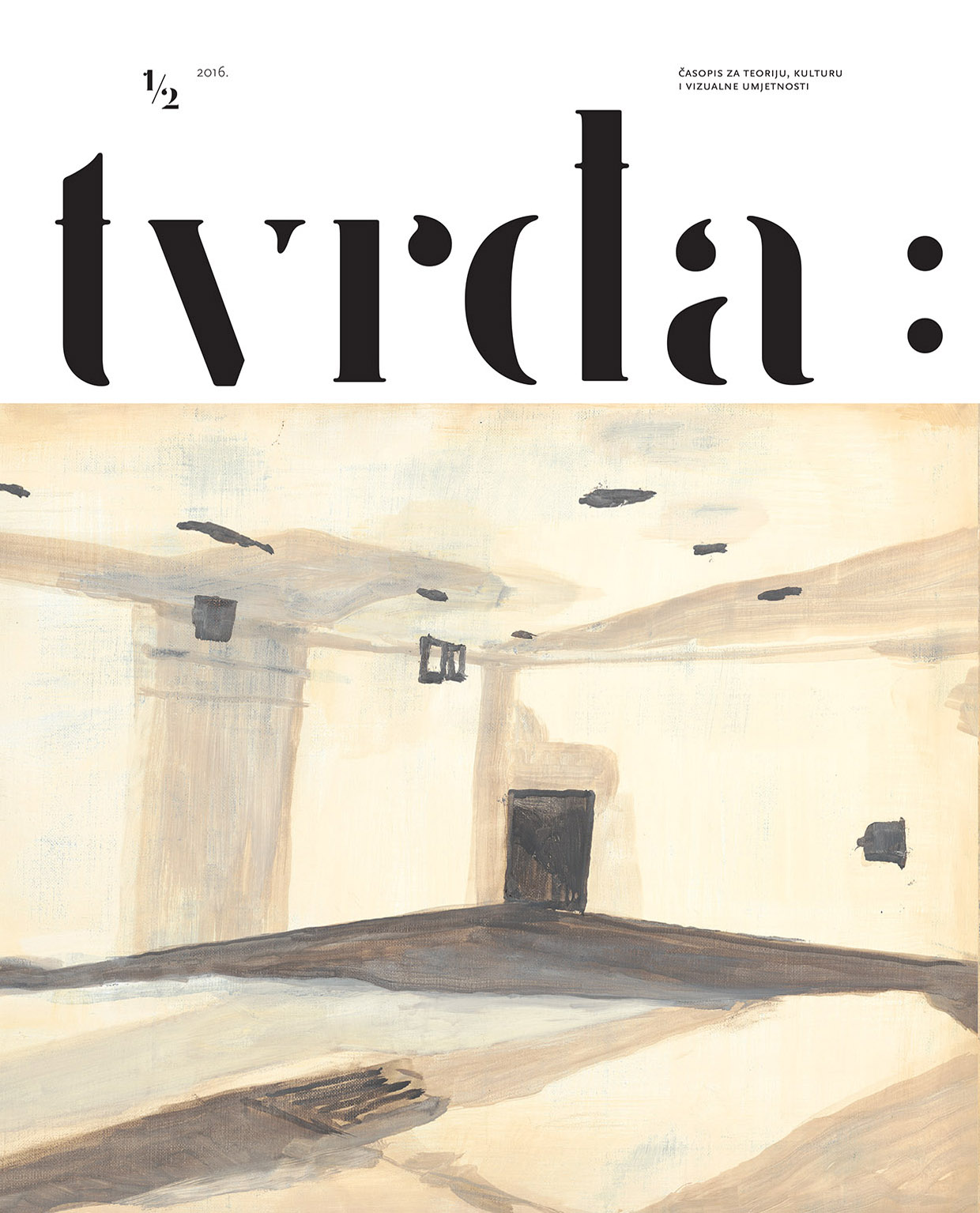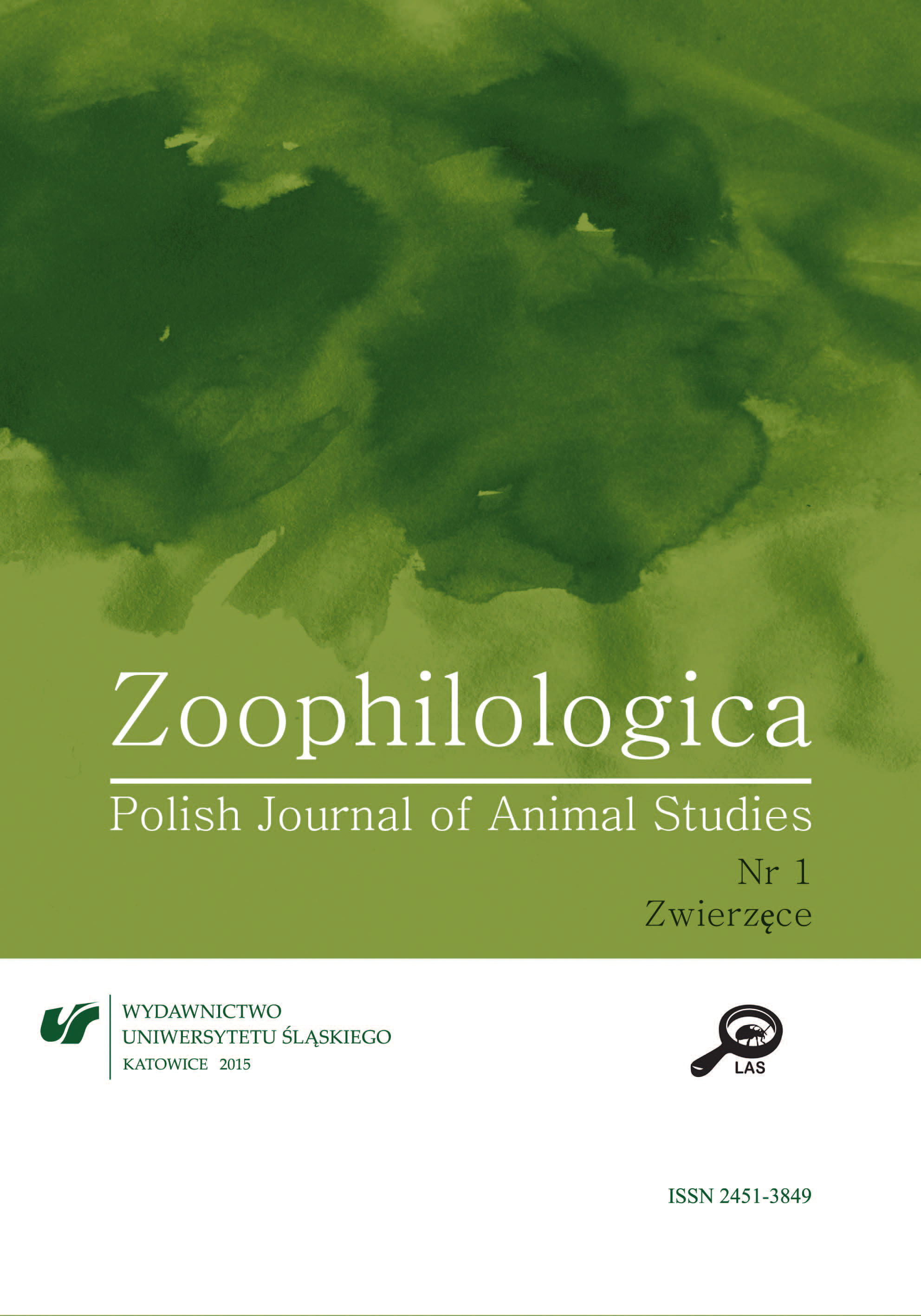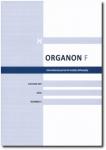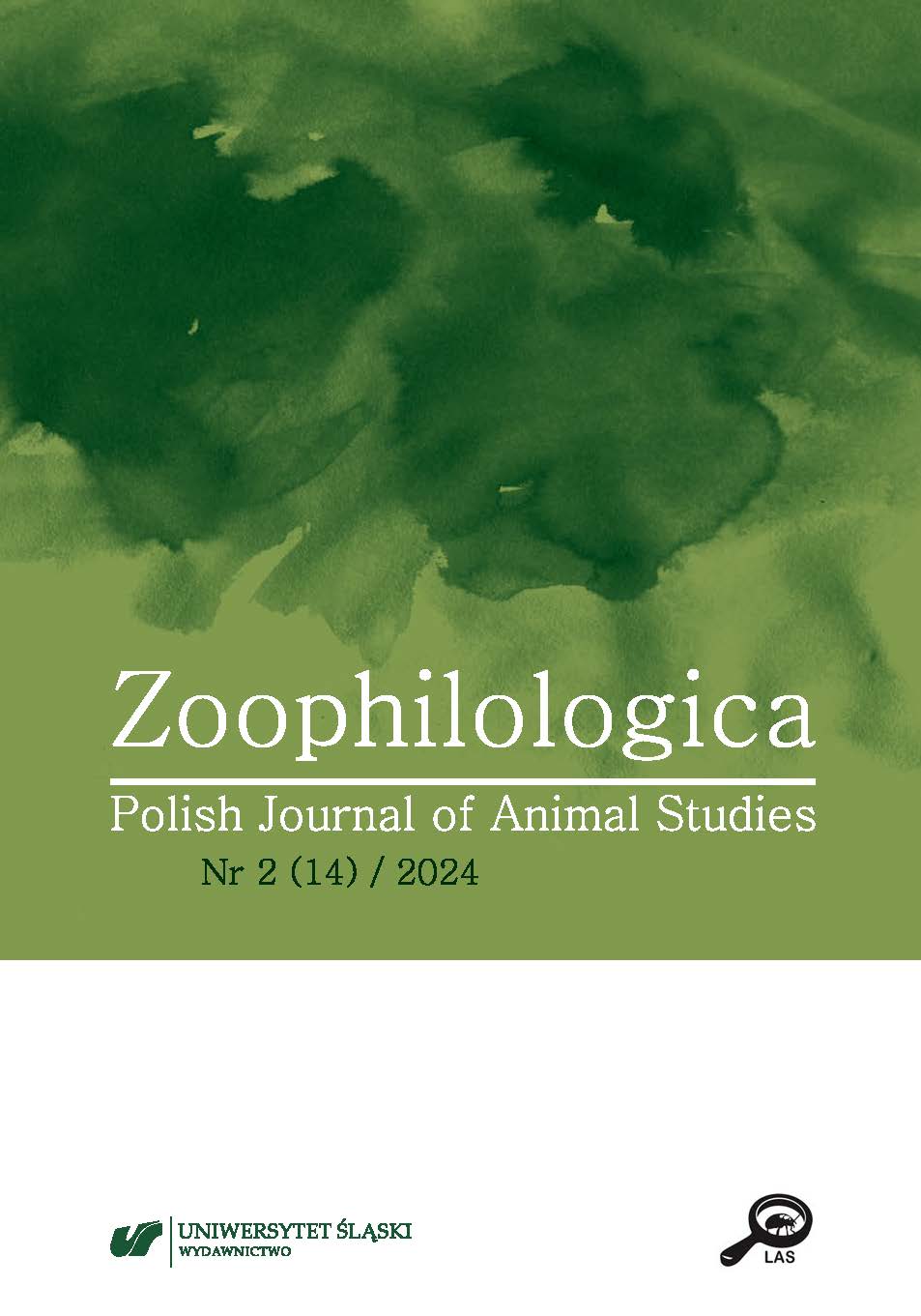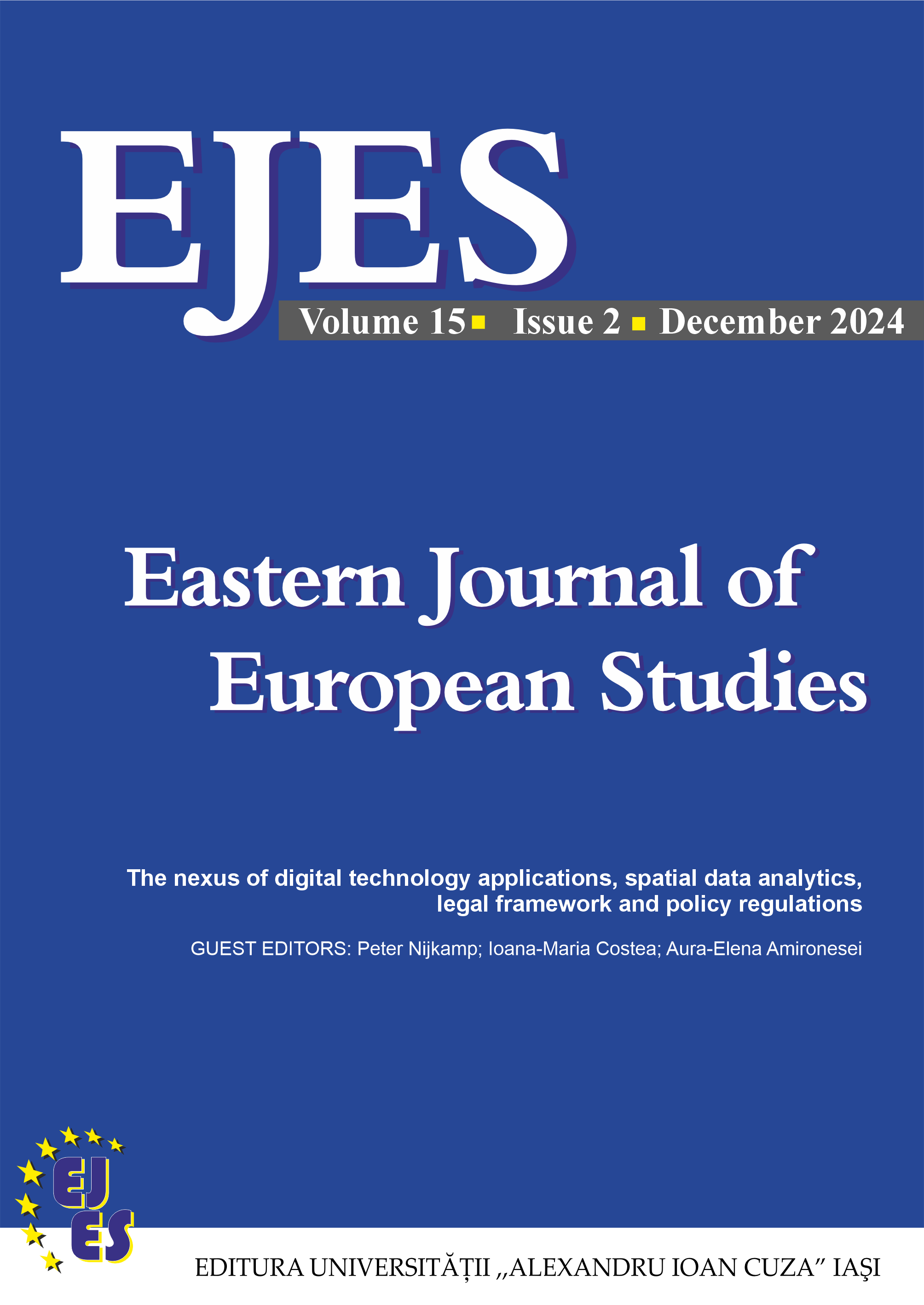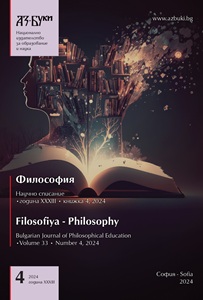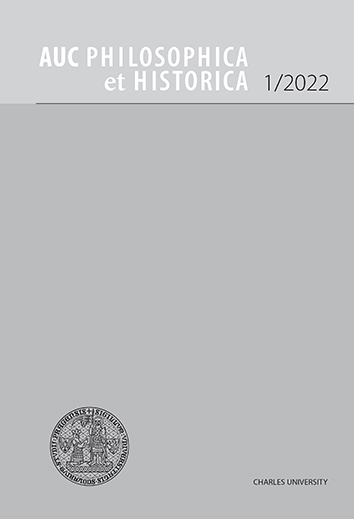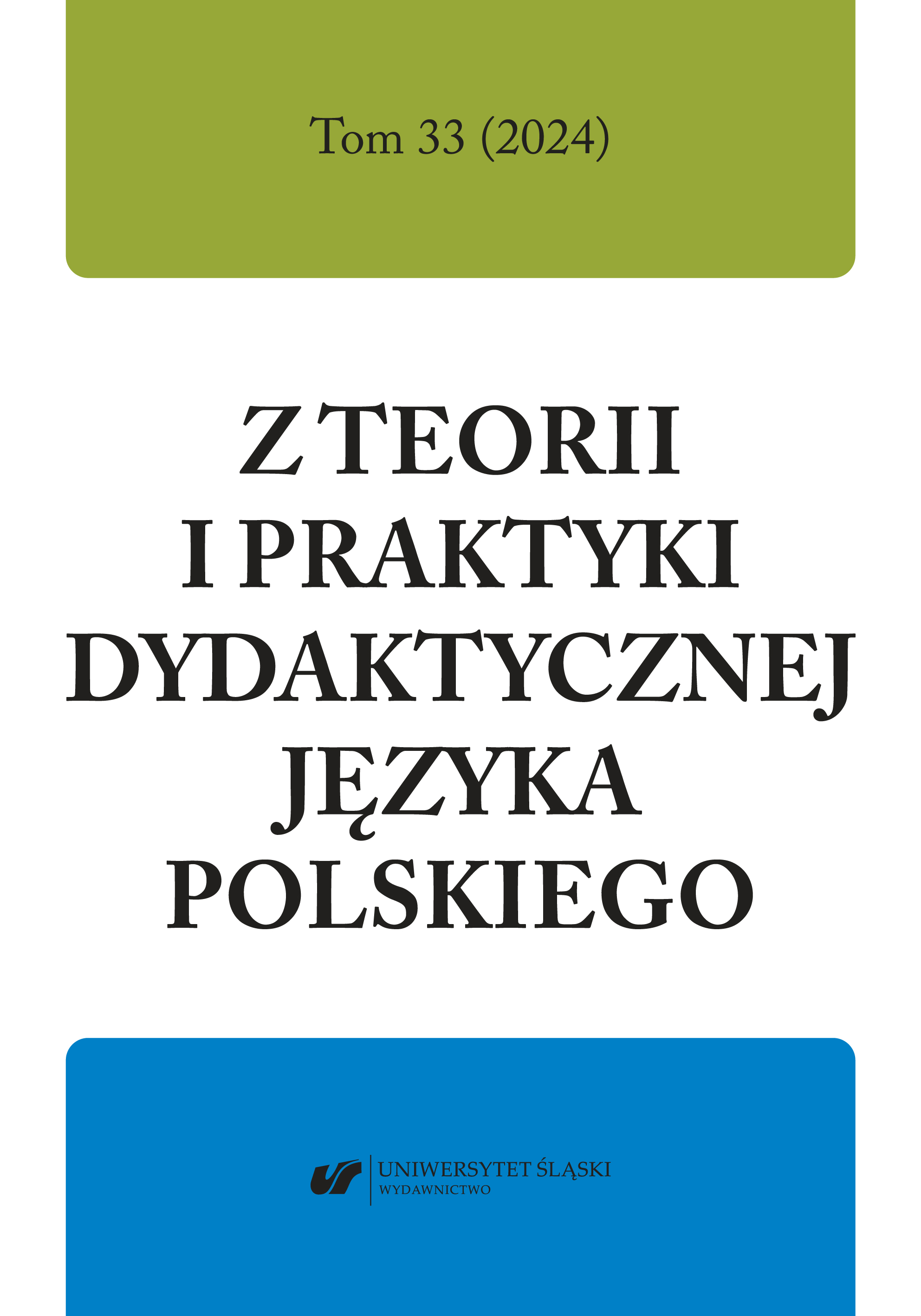Author(s): Jiří Raclavský / Language(s): Czech
Issue: 2/2007
Text Šedík (2007) Michala Šedíka vyhodnocuje moji stať Raclavský (2004) jako chybnou interpretaci Popperovy teorie tří světů, dále předkládá aplikaci Popperovy teorie na problém ontologie hudebního díla. Co se týče prvého, obhajobu mého přístupu jsem nakonec vypustil;1 jen shrnu, že a) z mnoha indicií mého textu je zjevné, že mi vůbec nešlo o skutečnou interpretaci Popperovy teorie tří světů a proto je neadekvátní ji jako interpretaci číst, b) že je třeba rozlišit intepretaci1, tj. nanejvýše adekvátní interpretaci Popperovy litery, dále interpretaci2, tj. reinterpretaci Popperovy teorie do určitého pojmového rámce (třeba do pojmosloví současné analytické filosofie v čs. kontextu), a dále, vzhledem k vágním Popperovým formulacím, které si někdy protiřečí,2 či dokonce vzhledem k tomu, že do světa 3 klade lidské nástroje (jak vysvětlit vliv kladiva, objektu ze světa 3, na hlavu či psychiku nějakého člověka jde pak jistě bez jakýchkoli obtíží), neboli, že vzhledem k nešťastnému způsobu, jak Popper svět 3 zadefinoval, je potřeba (pokud Popperova teorie má být vůbec diskutována) vybrat si to lepší, to neproblematické – nu a Popper jako návod pro takovou interpretaci3 opakovaně nabízel srovnání s Fregeho teorií tří říší, kterémužto výkladu odpovídají mnohé a mnohé Popperovy příklady obyvatel světa 3; právě nad touto interpretací jsem se tehdy, jak je patrné z mého textu, zamýšlel.
More...
